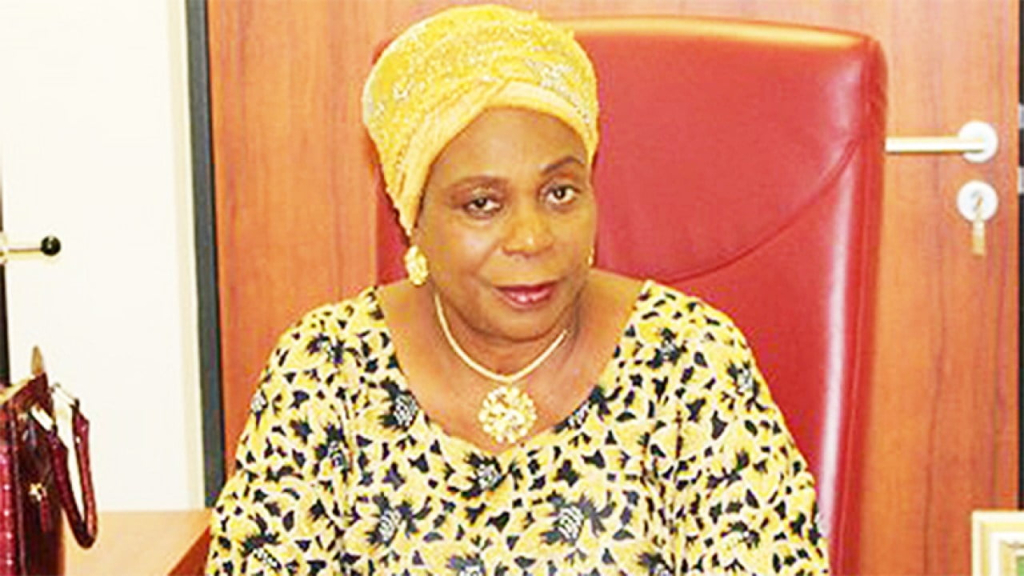Biodun Olujimi, a former Deputy Governor of Nigeria’s Ekiti State and ex-Senate Minority Leader, has publicly explained her decision to leave the opposition Peoples Democratic Party (PDP) for the ruling All Progressives Congress (APC). In a televised interview, she credited President Bola Tinubu’s leadership style and the APC’s decisiveness as key factors in her move.
During an appearance on Beyond the Headlines, a program aired by Nigeria’s TVC network, Olujimi characterized her time with the PDP as a “long journey” that began positively but deteriorated into a “torturous and very problematic” experience. She emphasized that joining the APC aligned with her need to “re-energize” and pursue governance priorities through a party she views as more resolute in addressing national challenges.
“The PDP was pleasurable at first, but over time, it became untenable,” Olujimi stated, reflecting on her political trajectory. “It was time to move on, to seek a platform willing to make tough decisions and stand by them.” Her remarks underscored admiration for Tinubu’s reputation as a leader unafraid to navigate complex policy dilemmas—a contrast, she implied, to her experiences within the PDP.
Olujimi’s defection highlights ongoing shifts in Nigeria’s political dynamics, particularly within the PDP, which has faced internal divisions and electoral setbacks in recent years. Her critique of the party’s operational challenges—without specifying exact grievances—suggests deeper systemic issues influencing high-profile departures. As Senate Minority Leader from 2015 to 2019, she played a pivotal role in shaping opposition strategy, making her switch to the APC a symbolic blow to her former party.
The Ekiti-born politician framed her decision as both personal and strategic, stressing the importance of aligning with a governance philosophy prioritizing decisive action. While avoiding direct criticism of PDP leadership, her emphasis on the APC’s “tough choices” subtly positions Tinubu’s administration as a more effective steward of national progress.
Olujimi’s move also raises questions about broader realignments ahead of Nigeria’s 2027 elections, with defections among senior politicians often signaling shifting alliances. Her emphasis on “reordering priorities” reflects a calculated bid to remain influential within a ruling party that currently controls the presidency and key legislative seats.
As political analysts assess the implications of her crossover, Olujimi’s trajectory underscores the fluidity of party loyalties in Nigerian politics—a landscape where ideological convictions frequently intersect with pragmatic calculations for power and representation.
